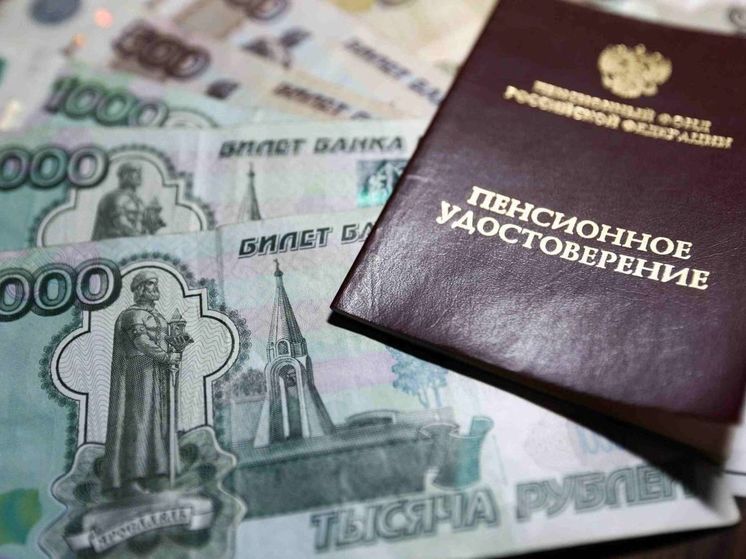Based on the results of the first half of 2024, VEB.RF earned more than 55 billion rubles for future pensioners.

The state management company, which has been playing this role for more than 20 years, manages to ensure results in working with citizens’ pension savings, even despite the unfavorable conditions in the investment market. What does this mean? For example, according to the results of the first half of 2024, savings portfolios showed growth, which especially stands out against the backdrop of Moscow Exchange reference indices that went into the negative. We should not forget about the cumulative effect: with VEB’s investment policy over the long-term horizon – 10 and 15 years – the accumulated return on funds of future pensioners confidently outpaces accumulated inflation.
What is the specificity of the state corporation’s approach when managing citizens’ pension savings? This is primarily a conservative strategy, which involves compiling a portfolio of financial instruments with low risks. Funds are invested in government and corporate bonds. It cannot be otherwise, because managers are entrusted with a colossal responsibility — working with the savings of about 37 million Russian citizens with a total volume of more than 2.3 trillion rubles.
The key difference between stocks and bonds is the mechanism for paying income to their owner. The size of dividends, as well as the desire in principle to pay them, in the case of shares is always the good will of the issuer. The fundamental difference between bonds is the need to fulfill obligations. So the logic here is simple: an individual or a manager can easily afford the potentially higher risks and returns on investment in shares. But when we are talking about hundreds of billions of rubles of future pensioners, healthy conservatism in the selection of assets for investment is fully justified.
The tight monetary policy that the Central Bank is pursuing today has its own clear prerequisites and objectives — from curbing inflation to reducing the risks of economic overheating. Of course, this also has an impact on the bond market, including government bonds, whose yields have been at high levels for a long time.
There is another important point: thanks to investing in bonds of companies in the real sector, future pensions are effectively working in the country’s economy today. They become “long-term money”, necessary for the implementation of large development projects that stimulate economic growth and, as a consequence, the quality of life of people. Thus, the main areas of investment of the state manager are: the transport industry and road construction, the oil and gas industry, the electric power industry, and housing infrastructure. These are areas whose development directly affects people’s lives: be it new jobs, high-quality and environmentally friendly transport or enterprises. The cumulative volume of such investments exceeds 1.8 trillion rubles.
This is a very important resource, especially today. The country's economy is currently undergoing fundamental structural changes. This is expressed in several dimensions: from the withdrawal of foreign capital from Russian assets to the emergence of new industries within the framework of the tasks of ensuring the country’s sovereignty. Large-scale projects require significant and long-term financing. The source of such “long-term money” for the most important projects for the economy is both VEB and other major investors. Including investing the savings of pensioners in bonds, which in this form become real development bonds.
The advantage of this structure is the minimum level of risks that the manager takes. Investments in government securities and corporate bonds meet the main goal of saving savings. The fact that there is no investment of pension money in stocks (which, despite all the possible advantages, is a high-risk asset) — over the long term and taking into account the size of the portfolio — is justified. And confirmation of this is the outpacing of inflation over long distances.


